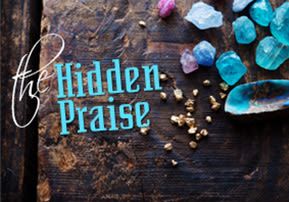
Emor: The Hidden Praise
The Torah talks straight, never whitewashing our people's history. But, the Torah's condemnation of our ancestors is actually our greatest praise...

And the son of an Israelite woman went out – and he was the son of an Egyptian man – among the children of Israel; they fought in the camp, the son of the Israelite woman (fought with) an Israelite man…the son of the Israelite woman pronounced the Name and blasphemed…and the name of his mother was Shlomit bat Divri (Leviticus 24:10-11).
The Torah talks straight, neither flattering nor beautifying our people's history. But, the Torah's condemnation of our ancestors is actually our greatest praise. For example, in Parshat Ki Tisa, the Torah relates the fiasco of the Golden Calf. Yet, out of the 600,000 adult Jewish males, only 3,000 worshipped the Golden Calf, in other words, only 1 out of 200 or 0.5%. Conversely, 99.5% of adult Jewish males and 100% of adult Jewish females remained loyal to Hashem and to Moses, having nothing at all to do with the erev rav, the riffraff tagalongs from other nations who initiated the Golden Calf and who had grasped the opportunity to leave Egypt with the freed Israelites.
Here too, in this week's Torah portion, the condemnation is once again the greatest compliment. In the entire 210 years of slavery in Egypt that stretched over five to six generations including millions of Jews, there was only one lone case of marital infidelity[1], which the Torah publicizes in neon lights. Even this was accidental. How? Shlomit bat Divri was sleeping. A man entered her bed; she was sure that it was her husband, but it wasn't. It was her husband's Egyptian taskmaster who forced her husband to work all night  long at hard labor and beat him so bad that he died[2]. In the middle of the night, the Egyptian snuck away and surprised the Israelite's wife. A son was conceived that night.
long at hard labor and beat him so bad that he died[2]. In the middle of the night, the Egyptian snuck away and surprised the Israelite's wife. A son was conceived that night.
Moses, as a twenty-year-old prince growing up in Pharaoh's palace, took a walk one day to see how his brethren from birth were faring. He saw an Egyptian taskmaster mercilessly beating an Israelite slave. This was the same Egyptian who tortured and killed Shlomit Bat Divri's husband. Moses killed the Egyptian on the spot[3].
Several months later, Shlomit gave birth to a son whose biological father was the Egyptian taskmaster as the Torah tells us in our passage at hand. Rabbi Ovadia of Bartenura explains that Shlomit's son, who had now grown up to be a young man, wanted to pitch his tent within the encampment of the Tribe of Dan, his mother's tribe. The Danites wouldn't let him. He asked why and they told him that his father was not a member of the tribe, and tribal membership goes according to the father, not the mother. The young man replied that he never knew his father. "Of course you never knew him," one of the Danites said. "Your father was an Egyptian and you're his illegitimate son – a mamzer."
The young man's temper was reaching its boiling point. "Prove it to me," he said; "where's my father?"
The Danite said, "I can't revive a dead person – Moses killed him."
A fight started between the two. Shlomit's son, "the son of an Israelite woman…and an Egyptian man" as the Torah tells us, blasphemed the holy Name and was executed.
Once again, we see that the Torah's condemnation is a huge compliment. This young man's cursing was something new that fortunately no one had ever done, not even the notorious Dothan and Aviram who did loads of other transgressions such as evil gossip[4] and violating the Sabbath.[5] The Israelites didn't know what to do with a person who blasphemed, for there was no precedent, ever! They had to ask Moses.
So we see that the Torah's condemnation of our ancestors is really their greatest praise. We come from a nation of holy and upright people who are not only loyal to Hashem and to His Torah but loyal to one another with impeccable marital fidelity. These are the values that flow in our genes. It's our task to activate those genes, to strengthen emuna and personal holiness and to get close to Hashem so that He'll rebuild our Holy Temple and dwell once more in our midst – this time, forever, amen!
[1] Rashi, here
[2] Chezkuni, here
[3] Exodus 2:11-12
[4] Dothan and Aviram spread the word that Moses had killed the Egyptian. When the word reached Pharaoh's palace, Moses was forced to flee
[5] They were the ones who left the Shabbat boundaries of the camp in search of manna on Shabbat.



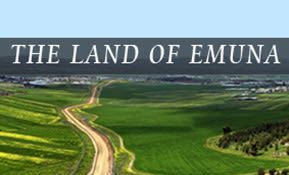


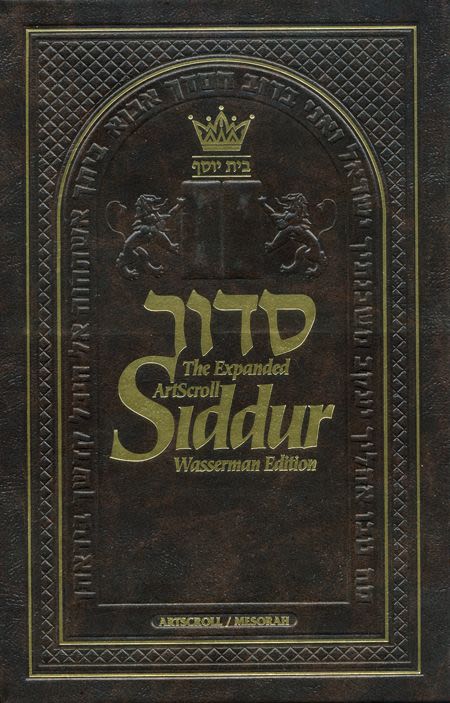
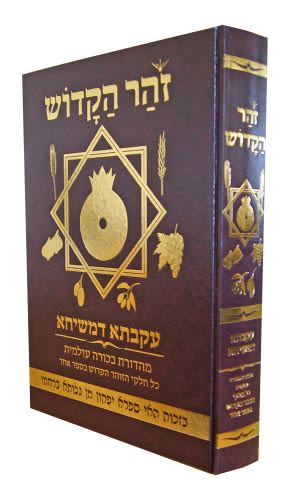


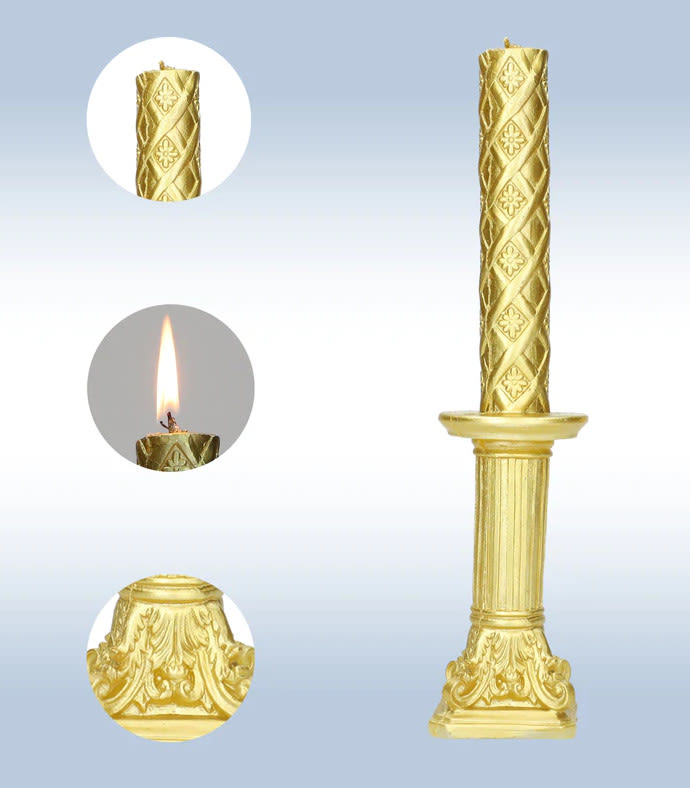
Tell us what you think!
Thank you for your comment!
It will be published after approval by the Editor.